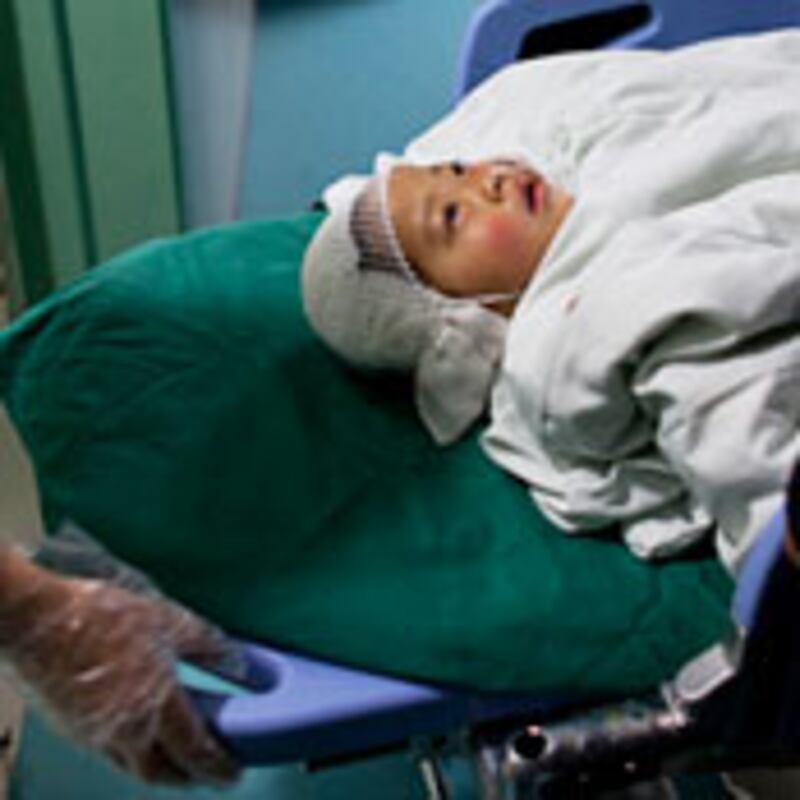
A number of attacks on children in China during the last six weeks have caused increased security around schools and kindergartens.
But what has struck me, living here in China, is there has been no public mourning for the victims and, until recently, the loss hasn’t been acknowledged much in public. In fact, a silence shrouds the killing of these kids.
In five separate attacks in different parts of the country, children have been hurt and killed, beginning with the attack on March 23 in Fujian province in eastern China, when a man stabbed and killed eight children outside an elementary school.
There has been no candlelight vigil, no flowers in the street, no sense of national mourning for the victims of these senseless attacks.
On Friday, in the most recent attack, five children and a teacher in a kindergarten in Shandong province were wounded by a man with an iron hammer, who, after the attack, committed suicide by dousing himself with gasoline and setting himself on fire.
All told, 11 people have died and at least 70 have been injured.
The media blackout that has accompanied these attacks has partly been an attempt to prevent copycat killings. I was having lunch with Chen Tong, the chief editor of China’s largest news portal, sina.com, as the story of the latest killing spree hit the news, and he was clearly concerned about inadvertently creating more violence by reporting on the attacks. Throughout lunch, he was messaging his staff to tell them to hold the reports until further notice. “Of course I am concerned,” he said. “There are lots of very disturbed and unhappy people in this country. They want attention, and if killing children is going to get them that, then they are going to do this over and over again. So, I don’t think we should give them the attention.”
I applaud that decision. Unlike many editors in China, Chen has a strong sense of responsibility and doesn’t sensationalize the news.
What bothers me is another aspect of the silence. There has been no candlelight vigil, no flowers in the street, no sense of national mourning for the victims of these senseless attacks. Many seem to agree with the government that we should just let bygones by bygones. Yet, I cannot stop wondering why these things happened. Reportedly, two of the attackers came from the medical profession, but little is actually known about any of them beyond their disturbed actions.
The Chinese usually regard all psychological problems as character flaws and problems are rarely treated, and despite mounting stress levels in China’s urban centers, seeking psychological help still carries a stigma. In some parts of our society, anyone who admits to even visiting a psychiatrist is considered crazy.
We have a lack of psychiatric clinics and psychiatric doctors in China. But the attacks did not prompt any discussion about the mentally ill who live among us and who need help. It is, I think, indicative of the problem we have, dealing with shame and guilt on both individual and collective levels.
The government has done little to help the country to heal. Its heavy-handed media blackout obscured the memory of the victims and also affected their families. Parents were kept in the dark for hours and days, not knowing what condition their children were in.
A lot of people agree with the government that incidents like these should be swept under the rug and forgotten; they believe in a kind of selective memory that only allows the past to be remembered in a glorious way. The fact that we do not publicly light a candle to remember the children who were murdered is not just wrong for moral reasons; it is a fundamental denial of the problems in our society.
Huang Hung is a columnist for China Daily, the English language newspaper in China. She is also an avid blogger with more than 100 million page views on her blog on sina.com.






